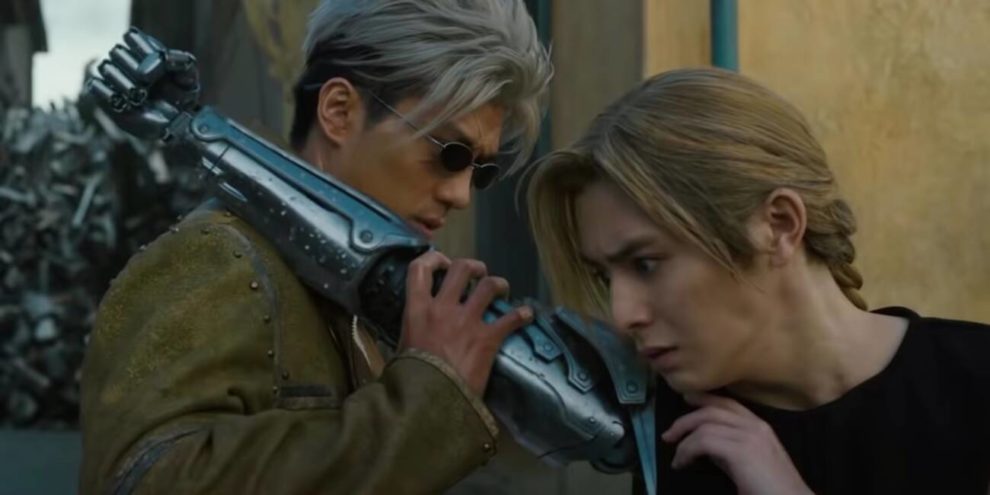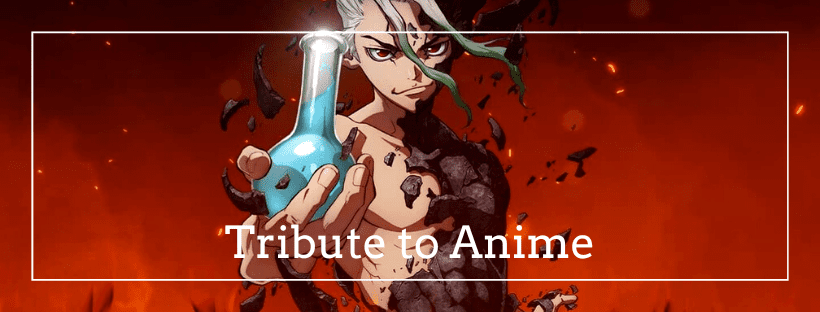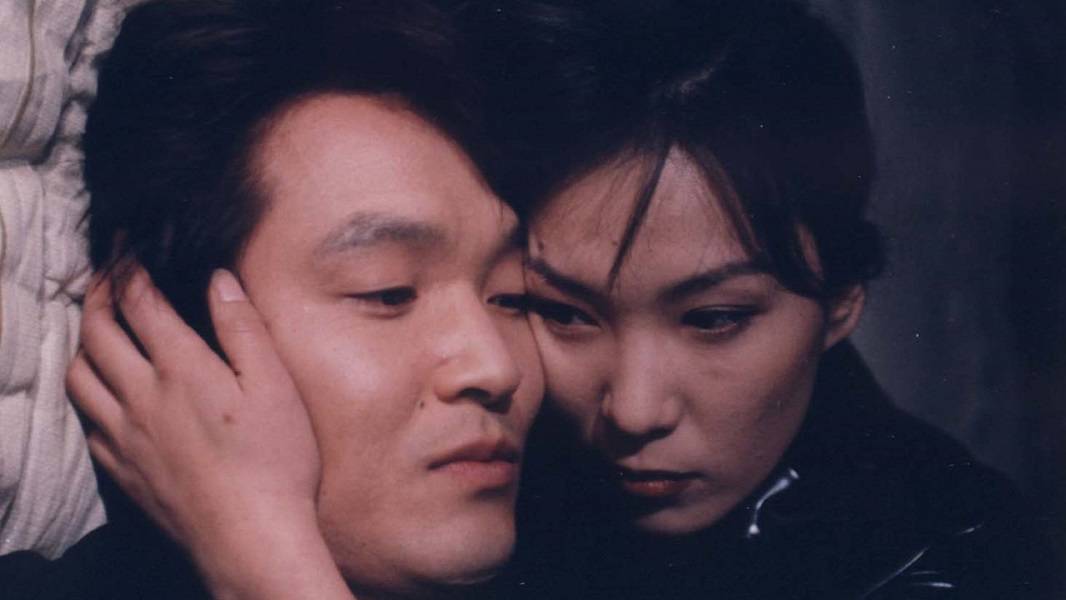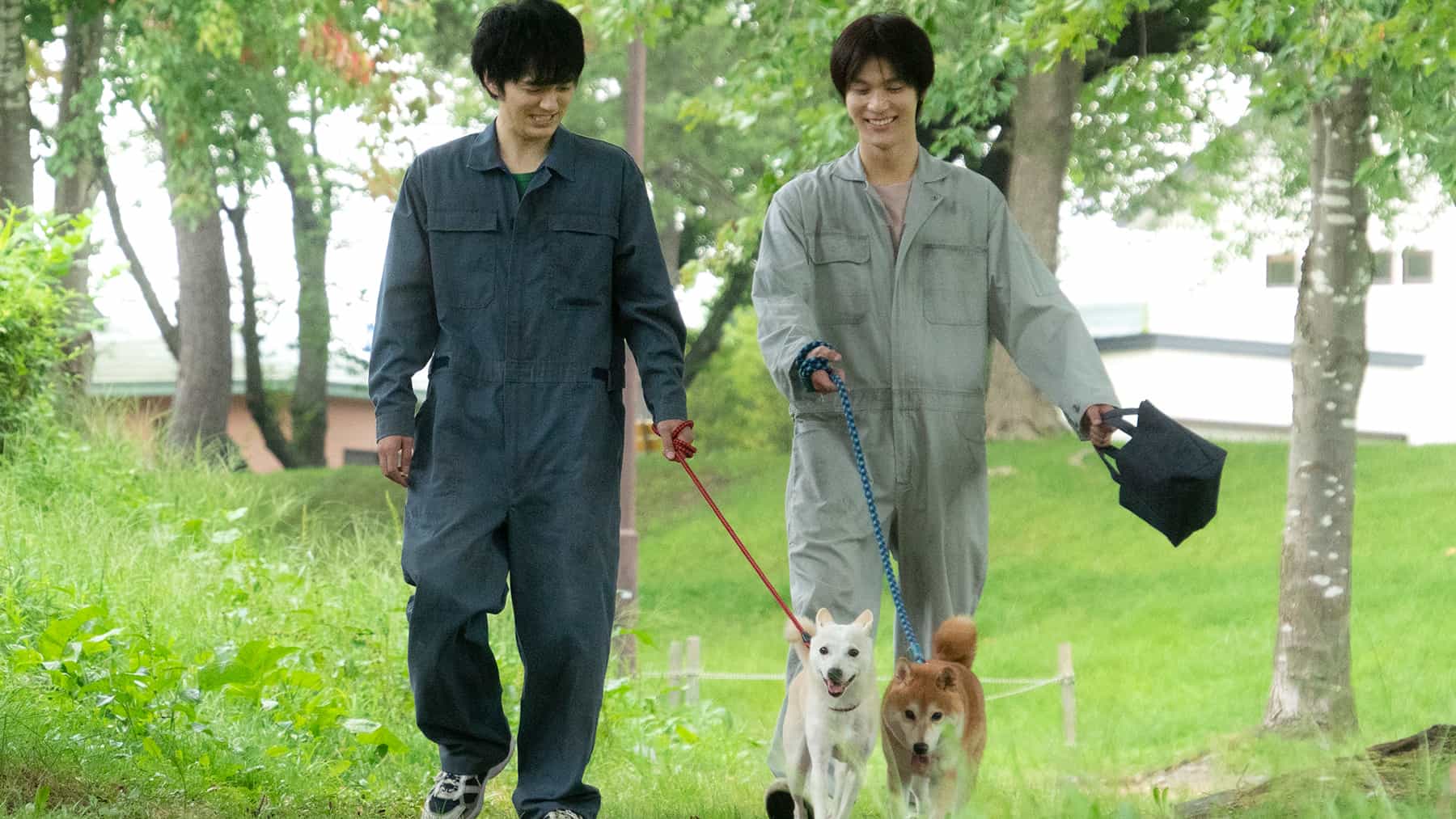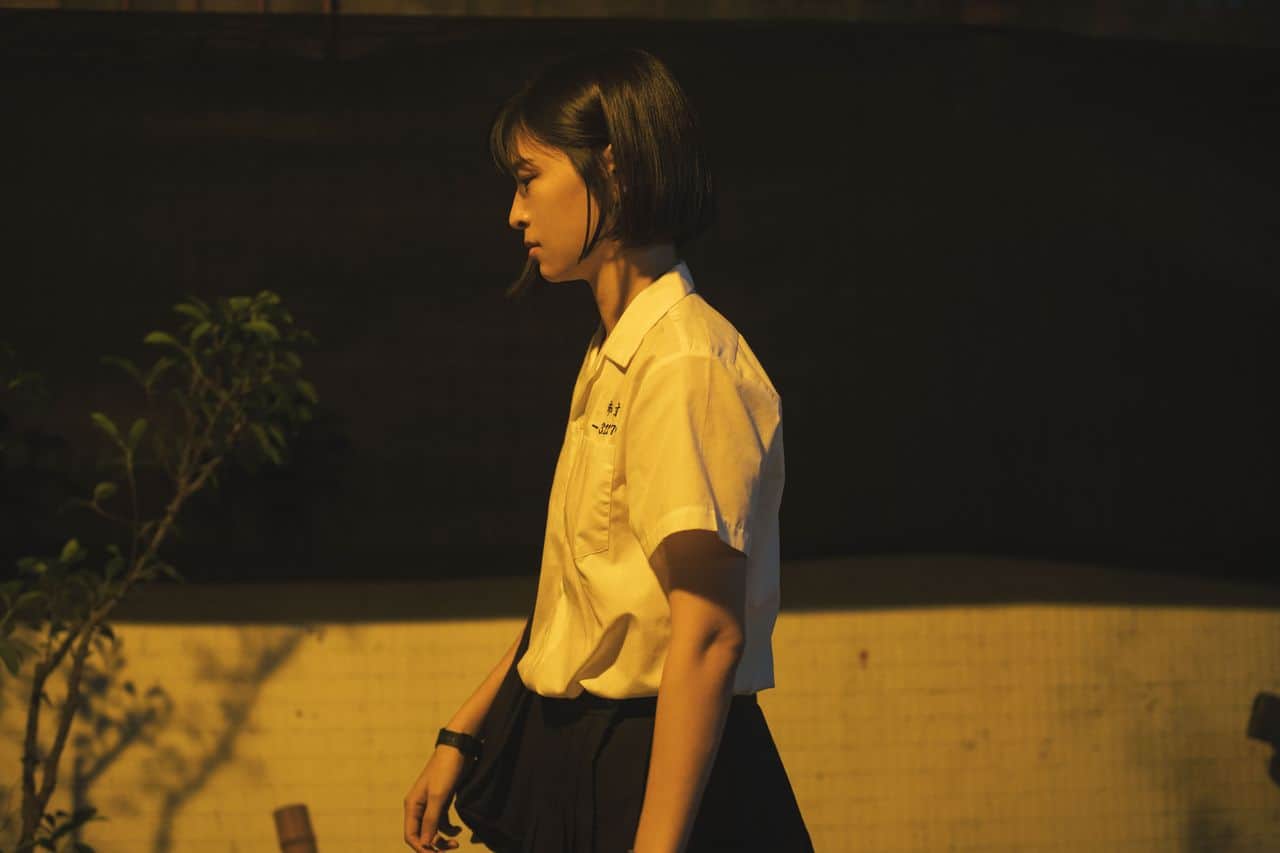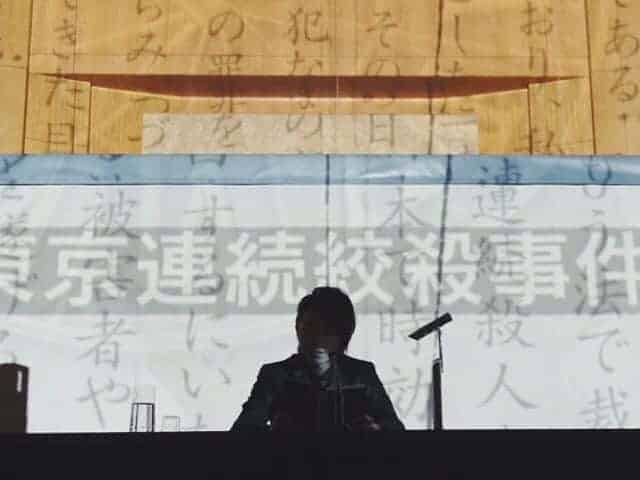The second part of the trilogy adapting the famous manga and anime (one of the best of all time actually) has recently been released on Netflix, continuing the story from the middle part of the original, focusing on Scar's arc, one of the most interesting characters in the whole franchise.
As it is soon revealed, Scar is on a mission to kill every State Alchemist, in a desperate effort to exact revenge from the genocide the army committed years ago in Ishval, with his quest eventually revealing another side of the army and particularly of the Fuhrer, which was not evident at all before. At the same time, Edward and Alphonse stumble upon a prince named Lin Yao and his two bodyguards, who are in search of the Philosopher's Stone, as much as Lan Fan, a kind-hearted girl who is from the same country as the three foreigners. Envy and Gluttony are still almost everywhere running their own schemes, while the whole past story of Ishval is eventually revealed, connecting all the aforementioned with Winry, in the most dramatic arc of the movie, and Roy Mustang and his crew.
As usual, trying to fit around 20 anime episodes in a two-hour movie proves a futile effort, and much like the first film, Sori fails in highlighting both the characters and the events in their rather intricate style that was showcased in the anime. Some exceptions do exist however, with Scar actually being quite eloquently portrayed, as a very strong man who is tormented, though, by his past, with his connection with Winry highlighting this trait in the best fashion. Mackenryu gives a very fitting performance, even if the dramatic moments could be handled a bit better. The same applies to Tsubasa Honda's Winry, one of the most interesting characters in the film (and the franchise) who gives a rather appealing performance apart from the moments where she has to emote drama, which, unfortunately, end up being melodramatic instead.
This aspect actually permeates the movie, with the production working quite well in the action scenes, courtesy of the big budget allocated to the special effects, and Masayoshi Deguchi's action direction. Particularly the fact that the brothers get their share of punishment from Scar works quite well here, as much as the presence of Gluttony, who emits a constant sense of both idiocy and danger. Also of note is how close to the original the appearance of all the characters is, in a testament to the quality of the production, with the combination of Keiji Hashimoto's cinematography, Takeshi Shimizu's production design and Rie Nishihara's costumes resulting in a rather impressive outcome, even if the blond hair does not always work.
On the other hand, when there is no action, the movie truly suffers, also due to the aforementioned fact, of trying to squeeze all those characters and episodes in one film, making it really hard for any viewer to empathize, or even remember them after a fashion. The subtle moments of humor, though, are quite entertaining, with Ryosuke Yamada's enervation as Elric, every time someone mentions his height, and Dean Fujioka's realization that his powers are useless during the rain as Roy Mustang being the apogee of this trait.
Probably the best trait of the presentation of the story is the gradual revealing of a bigger conspiracy that is going on within the army, and the role the Fuhrer on the one side, and Mustang on the other, are to play in it going forward, with this aspect also benefiting significantly from the rather cool rendition of the two characters by Hiroshi Tachi and Fujioka respectively.
“Full Metal Alchemist the Revenge of Scar” does not reach the levels of some of the recent anime adaptations, as in the case of “Rurouni Kenshin” or “Mole Song”, but still emerges as an entertaining watch, particularly due to its action scenes, that will satisfy both fans of the original and of sci-fi movies.


